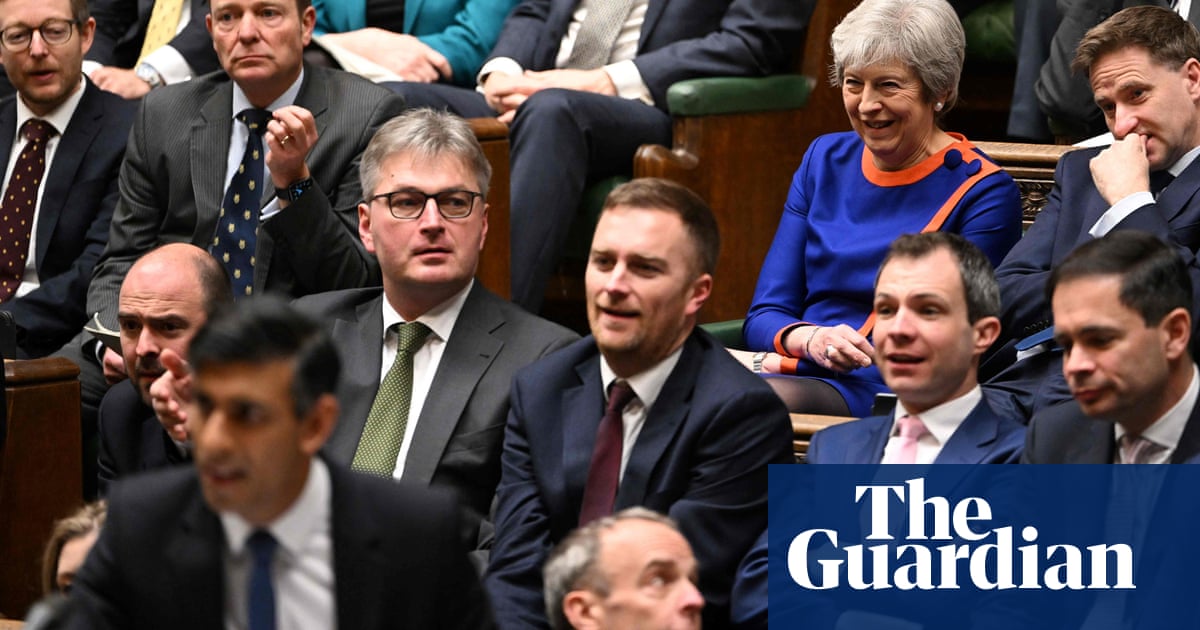
SHANGHAI, April 22 (Reuters) - A week after dollar bonds issued by bad loan giant China Huarong Asset Management Co Ltd plunged on worries over its creditworthiness, investors remain wary due to uncertainty over the company’s restructuring plans.
Refinitiv data showed that bids on a 500 million euro ($601.50 million) December 2022 bond issued by subsidiary Huarong Universe Investment Holding Ltd stood around 70 cents on Thursday, up from 65 cents a week ago, but well below the 97 cents quoted on April 14.
Analysts said a media report that the People’s Bank of China (PBOC) is considering buying Huarong assets through an onshore vehicle had helped to soothe worries over the strength of government backing of state enterprises’ offshore debt. Such concerns had spurred speculation about a possible rerating and repricing of the world’s second-biggest bond market.
But a source with direct knowledge of the restructuring plan said such discussions had long predated market woes and remain unresolved.
A plan for the PBOC to buy Huarong assets through Beijing Chengfang Huida Enterprise Management Co Ltd as part of Huarong’s restructuring had previously been rejected by Chinese regulators, the source said.
The source said it was this rejection that caused Huarong to delay the release of its annual results earlier this month, which sparked a selloff in its offshore bonds that spilled over into some other Chinese firms’ debt.
Huarong’s plan to shift more than 100 billion yuan ($15.41 billion) in distressed assets onto Chengfang Huida’s balance sheet met objections from the PBOC and the Ministry of Finance and prompted a recalculation of Huarong’s annual profit, the source said.
Chengfang Huida is a unit of distressed-asset manager Cinda Asset Management, but is directly supervised and managed by the central bank.
Investors are cautious in the absence of concrete information.
“After the lesson of China Fortune Land and Tsinghua Unigroup, I’ve become sceptical of media reports,” said an offshore portfolio manager. “Media reports said the government would rescue them, but finally they defaulted on their dollar bonds.”
State-backed Tsinghua Unigroup Ltd shocked investors with a default on a 1.3 billion yuan bond in November, and China Fortune Land Development has defaulted on $4.96 billion worth of dollar bonds, according to Refinitiv.
On Wednesday, S&P Global Ratings said that events around Huarong’s delayed results could prompt it to review the strength of implicit government backing of state-owned enterprises, despite regulatory reassurance late last week over Huarong’s liquidity and a profit at a core offshore subsidiary.
Worries have spilled into other corners of the market. The cost to insure exposure to China’s dollar debt remained elevated on Thursday, with five-year credit default swaps (CDS) rising to 37.265 from 32.750 on Friday.
“I think, personally, there are too many ‘people familiar with the matter’,” said an onshore portfolio manager. “Regulators have to stand up and say something. Otherwise it looks more like hedge funds spreading rumours.”
China Huarong Asset Management did not immediately reply to requests for comment on Thursday. ($1 = 0.8313 euros) ($1 = 6.4886 Chinese yuan)












